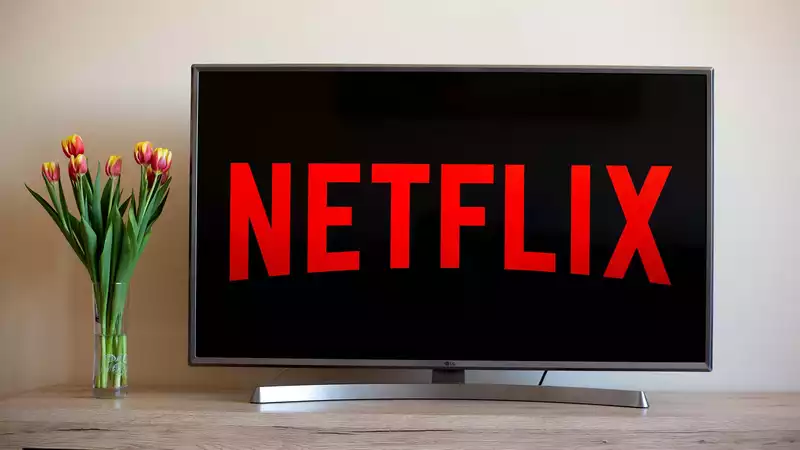Netflix has conducted A/B testing to evaluate the benefits of AV1 and reports that this codec provides a definitive advantage for their streaming service.
"We want to provide a great playback experience for our members, and our players are designed to adapt to changing network conditions. If current conditions are not able to maintain current video quality, our players can switch to lower bitrate streams to reduce the likelihood of playback interruptions," the Netflix blog explains." Because AV1 consumes less bandwidth at any quality level, our players can maintain video quality for longer periods of time and do not need to switch to lower bitrate streams as much as before." The Netflix blog explains. [If you have a fast, stable Internet connection, the move to AV1 may not be noticeable. However, people like me may benefit. I use a crappy ADSL connection that is 11 megabits at best.
I can stream video at 1080p, but if it is during busy times when many people in my area are using the internet (say around 7pm) or other devices on my home network are downloading updates, etc, I find that the streaming quality degrades. In the case of Netflix in particular, this manifests itself as a difficulty in delivering HDR, with some scenes vacillating between full HDR compositions and dull, washed-out visuals. This can range from mildly irritating to significantly distracting.
Netflix's adoption of AV1 may improve the quality of life for me and others in my situation. The only caveat is that it requires an AV1-compatible TV (you'll need to check your TV's specs and compatibility) or a PS4 Pro. However, Netflix has stated that it is considering bringing AV1 to more devices. It is currently available on the Netflix app for Android.
In any case, further efforts to make video streaming look better with less bandwidth is promising news. Also, Netflix's continued efforts to improve its platform means that Netflix is one of our top picks for the best streaming services.










Comments